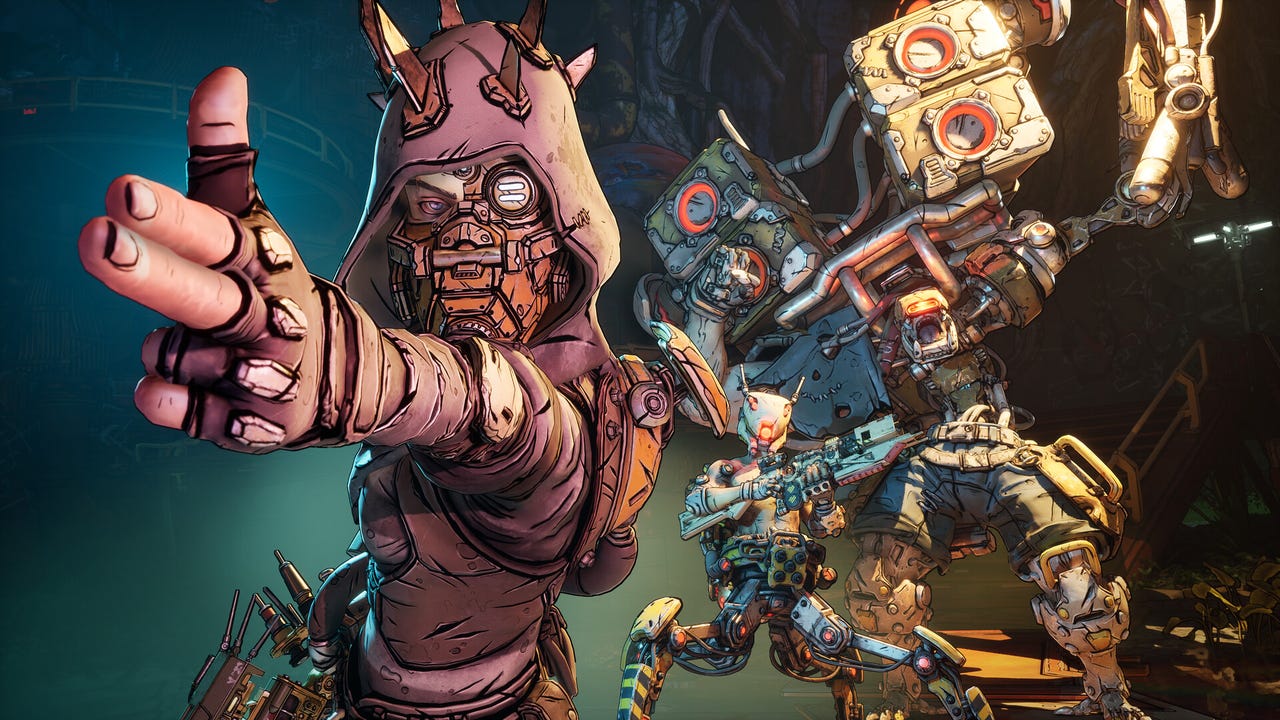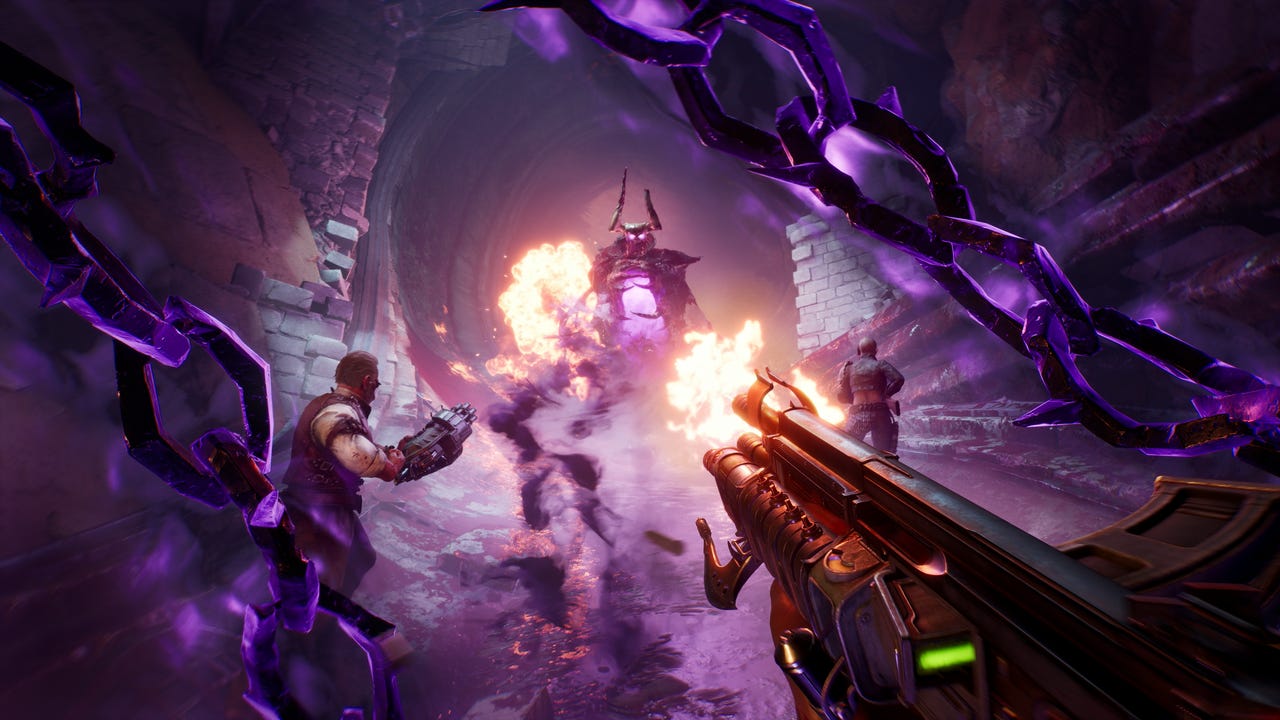There’s no question that one of the biggest talking points during last week’s Gamescom Asia x Thailand Game Show came out of Dead Space creator Glen Schofield’s opening keynote address, regarding his plans to “fix” the industry in part via the use of generative AI in games development. In addition to speaking with Schofield, IGN managed to get some time with another industry veteran, Meghan Morgan Juinio, to ask for her thoughts on the controversial practice that has previously been met with anger from Call of Duty fans, but also major support from games industry executives like EA CEO Andrew Wilson.
“I think if we don’t embrace it, I think we’re selling ourselves short,” said Juinio, who recently vacated her role as director of product development at Santa Monica Studio after 10 years and two hugely successful God of War games. “AI is a tool, and something that will augment us. At least for right now, that’s how I see it. It’s going to evolve whether you’re onboard with it or not, so I want to be at the forefront of helping to guide how that goes and how we use it.”
Juinio went on to compare the use of generative AI to the procedurally-generated content that’s been a part of games development for decades now, pointing to SpeedTree – a tool for generating trees in real time – which was used as early as 2002 for the foliage in The Elder Scrolls IV: Oblivion. She also recalled a time when animators were pushing back against motion capture and the use of procedural generation to blend animation frames rather than key them by hand. Both procedurally generated assets and animations have long become standard practices in games development, and Juinio seems just as confident that generative AI will also find its place.
“Personally, I’m super positive,” said Juinio. “Like [Glen Schofield said in his keynote address], this is the next big technological advancement that’s coming. In fact it’s here already, and I think as leaders in the video game industry it is on us to figure out not just can we do it with AI, but should we? And it’s a case-by-case type of decision making process and what’s true for game X might not be true next year for game Y.”
When asked if she thought the increasing adoption of generative AI might help mitigate the swelling costs of AAA-games development, Juinio was clear that the use of AI in games development is unlikely to be the be-all end-all solution to the post-pandemic pattern of regular studio closures and the bursting of the blockbuster game bubble.
“I wouldn’t necessarily put it into an either/or kind of scenario in that way, because to me the size and scale and beauty of the game isn’t the main thing,” said Juinio. “At its heart, the game [needs] to be fun. [Ideally] at its heart the story is fantastic, it’s human, players connect to it, and it’s fun to play.”
“And yes it looks beautiful, and yes the music is immersive. But the music could be really immersive and the gameplay could be not good, or the story [might] not be engaging, and I don’t think it would resonate with players as much. And so at least for right now, I don’t see AI replacing the fun gameplay that is at the heart of a game like God of War.”
Although Juinio seems adament that generative AI in games development is here to stay, she also remains confident that it will never be able to rival the heart and soul that can only come from a human touch, and that the adoptance of AI will only be a positive if there’s an equal amount of investment made into developers to help them get the best results out of it.
“At the end of the day you still need game developers to come up with the ideas,” said Juinio. “The story of God of War is very much a human story that is based on human experiences.”
“At least as of today, I don’t see that going away.”
Earlier this month the makers of Battlefield 6 stated that there was currently no way to implement the use of generative AI into the daily work of its development team, despite regarding the burgeoning technology as “very seducing”.
Indeed the debate over generative AI is bigger than in-game assets. At the start of October, Nintendo issued a statement in response to claims around generative AI, with OpenAI CEO Sam Altman calling Sora 2 copyrighted character videos “interactive fan fiction.”
Tristan Ogilvie is a senior video editor at IGN’s Sydney office. He attended Gamescom Asia x Thai Game Show 2025 as a guest of the event organiser.



Leave a Comment